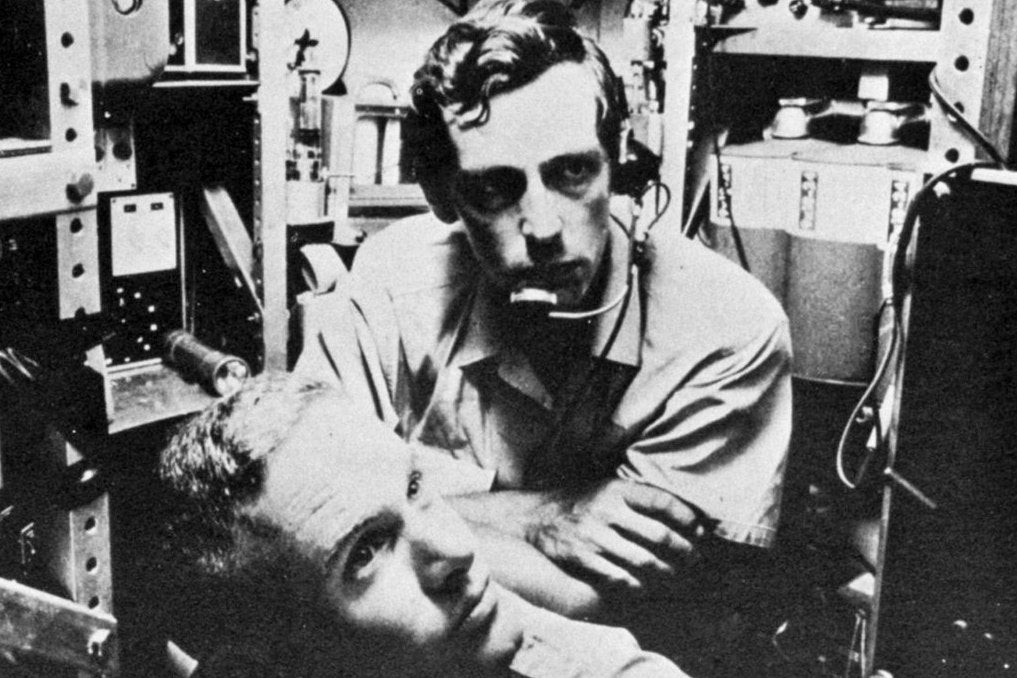What does it take to reach the deepest part of the ocean?
Few adventurers have successfully journeyed to the bottom of the Mariana Trench but, as Mick O’Hare finds, the achievement often overshadows the rest of their lives

It’s no insult to Jacques Piccard and Don Walsh to say most people were looking the other way when they undertook their record-breaking feat 60 years ago. Sputnik had just transformed the way we view our planet and other satellites, some carrying living animals, had followed it into space. Soon the Soviet Union would launch the first human, Yuri Gagarin, into orbit. The space race had kicked off in spectacular style so perhaps humankind could be forgiven for paying little heed to what was going on below its feet.
On 23 January 1960 Swiss oceanographer Piccard and Walsh, a lieutenant in the US navy, entered their submersible, a “bathyscaphe” called Trieste built to withstand the huge pressures at the depths of the ocean, and were lowered from the USS Lewis into the Mariana Trench in the northwest Pacific. They were entering the deepest part of any ocean anywhere in the world, a yawning cleft in the Earth’s crust and a full 11 kilometres below sea level.
The crew of their support vessel had located the deepest point by pretty unsophisticated means. They had lobbed depth charges into the sea and recorded the rebounding shock waves to create a map of the ocean floor. Pretty certain they were at the right spot, the bathyscaphe was released. For five hours the “bathynauts” descended until they entered the fissure of the Challenger Deep, the deepest part of the trench.
Subscribe to Independent Premium to bookmark this article
Want to bookmark your favourite articles and stories to read or reference later? Start your Independent Premium subscription today.
Join our commenting forum
Join thought-provoking conversations, follow other Independent readers and see their replies